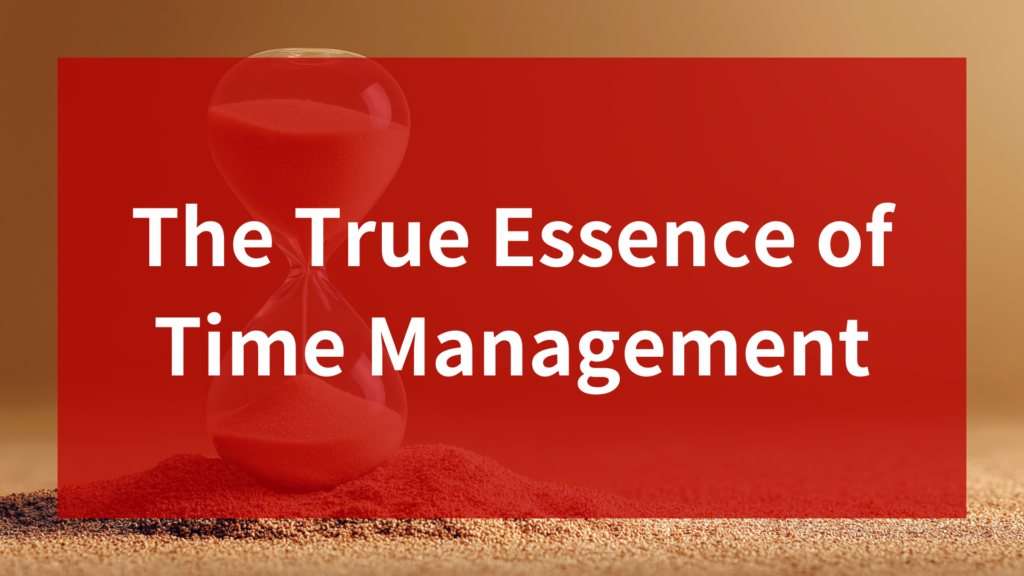
Finding the right talent in Japan, especially someone who aligns perfectly with your expectations, is rarely straightforward. The more specific your ideal candidate profile becomes, the less likely it is that person is actively looking, or will simply appear at your doorstep.
There are strategies to help identify and attract that ideal candidate (partnering with a recruitment agency like FocusCore is one of them), but the most critical (and often most challenging) step is distinguishing your wants from your needs. Let’s explore how this plays out through a few common hiring assumptions.
Youth vS. Long-Term Commitment
A common, if often unspoken, preference among hiring managers is to find a “young” candidate, perhaps someone in their 30s. The reasoning is straightforward: they bring a good balance of experience and affordability, and ideally, they’ll stay with the company for many years to come.
But here’s the reality: “young” does not always equal “committed,” and age is not a direct indicator of longevity.
In Japan, where retirement generally occurs between 60 and 65, a candidate in their 50s might offer 10 years of service. Someone in their 40s provides a likely 20-year runway, and a candidate in their 30s gives you the possibility of 30 years. But this is a best-case scenario—and highly optimistic.
Instead of focusing on age, ask yourself: What am I really looking for? If the answer is long-term commitment, then consider this—candidates in their 50s changing jobs are often highly motivated and deliberate in their decision. They’re taking a risk, and if they choose you, chances are they want to finish their career with your company. That’s a commitment you can count on.
Cost vS. Value
Another frequent concern is budget: “This candidate is too senior for us.” The underlying issue is salary, and wanting to contain costs is natural. But salary is only one part of the total cost of hiring, and not necessarily the most expensive in the long run.
If cost reduction is a key objective, consider a broader view:
- Hire someone with deep market knowledge to reduce training costs.
- Choose a candidate who’s fully equipped to start, minimizing onboarding and ramp-up time.
- Leverage hybrid or remote work to cut commuting or office-related expenses.
Senior professionals often come at a higher salary, but they also bring immediate value. They require less oversight, can contribute from day one, and may even prevent costly mistakes. The companies that understand this trade-off, are the ones that outperform in the long term.
“Self-Driven” — Define It
Many hiring briefs include a desire for a “self-driven” individual. But what does that actually mean?
Does it refer to someone who:
- Works independently and efficiently?
- Proactively identifies and solves problems?
- Communicates clearly and consistently with stakeholders?
- Is eager to learn and develop new skills?
If you and your team don’t agree on the definition, it leads to inconsistent evaluation, confusion during interviews, and misaligned hiring decisions.
Instead, consider using clearer, behavior-based language—such as “eager to work,” “proactive communicator,” or “takes ownership.” These phrases are easier to visualize and evaluate, and help align all stakeholders on what the company truly needs.
“Jumpy” Candidates: Red Flag or Untapped Potential?
Job-hopping is often seen as a red flag, but it deserves closer examination.
There are many legitimate reasons why a candidate may have changed jobs frequently:
- M&A activity, restructuring, or bankruptcy
- Toxic work environments or harassment
- Manager departures or organizational changes
- Personal life changes or career progression opportunities
In Japan, where stability is generally valued, most professionals prefer to stay rather than move. If a candidate has switched roles multiple times, ask why. If their reasons are clear and justifiable, and if your organization offers the stability or environment they’ve been seeking, you could be exactly the opportunity they’re ready to commit to long-term.
Language Skills: Beyond TOEIC Scores
At FocusCore, we specialize in introducing bilingual talent in Japan. A common request we hear is: “We need someone with strong English and Japanese.” But how good is “good”? The answer depends entirely on the context of the role.
For example:
- If the role requires frequent interaction with HQ, near-native fluency in both languages may be necessary.
- If HQ simply wants better visibility such as clear reporting, responsiveness, and proactive engagement, strong communication skills may be more critical than perfect grammar.
Moreover, AI tools now support translation and reading comprehension tasks, lowering the bar for language in some roles.
The key is understanding why the language skill is needed. If it’s about keeping HQ informed, then responsiveness and clarity may outweigh TOEIC scores. Define the purpose clearly and you’ll find better-aligned candidates—and avoid unnecessary mismatches.
Final Thoughts
The hiring process in Japan is complex, especially for foreign organizations navigating local market dynamics. But by shifting the focus from assumptions to actual needs, by clarifying what qualities are truly essential, you’ll make better hiring decisions, attract stronger candidates, and build more resilient teams.
At FocusCore, we’re here to support that process. Our deep expertise in bilingual recruitment, combined with a consultative approach, helps our clients align hiring strategies with business goals to find the talent they really need.
Let’s talk about how we can help you hire smarter in Japan.
Latest Articles
Strategic Partnership in Executive Search
Our clients partner with us because of our best in practice executive search methodology and deep specialist knowledge of the Japan market




